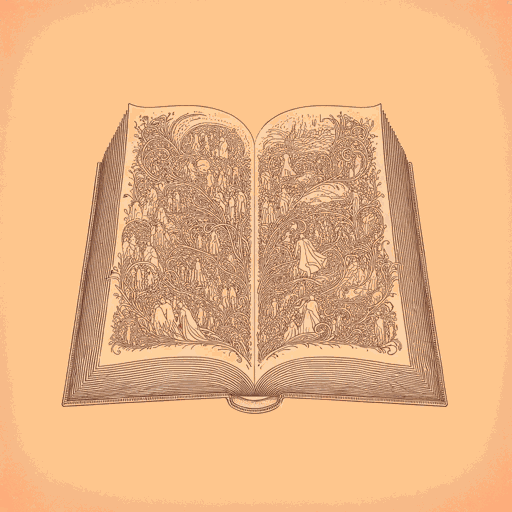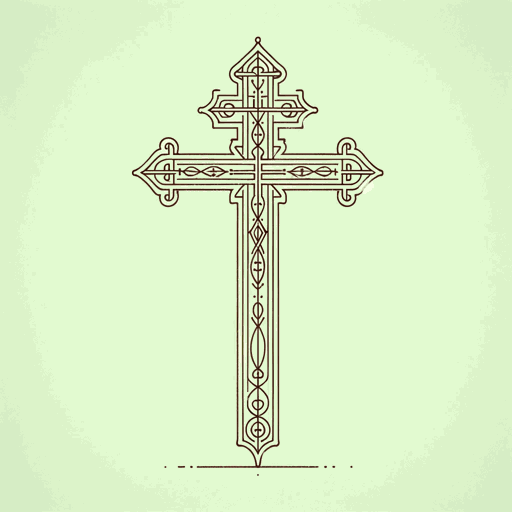32 pages • 1 hour read
Leo TolstoyA Confession
Nonfiction | Essay / Speech | Adult | Published in 1880A modern alternative to SparkNotes and CliffsNotes, SuperSummary offers high-quality Study Guides with detailed chapter summaries and analysis of major themes, characters, and more.
Chapters 15-16Chapter Summaries & Analyses
Chapter 15 Summary
Tolstoy says that he “envied the peasants for their illiteracy and their lack of education” (84) because he could see the contradictions in their Orthodox practice of faith. He suffered from these contradictions for three years and finally broke with the Orthodox Church when he realized that dogmatic attachment to one religious sect and demonization of other believers ruins faith. Tolstoy suggests that “in attaining a higher level of understanding the differences [between sects] would disappear” (87). He came to the revelation that his earnest search for faith and meaning is at odds with the human desire to fulfill obligations to tradition or ancestors, and Tolstoy feels horrified by many of the evils Christians have carried out in the name of faith.
Chapter 16 Summary
The author concludes that Orthodox teachings are a mix of truth and falsehood. As both come from scripture, Tolstoy endeavored to study scripture, which contained “the one hope of salvation” even if its contents are not reconcilable to reason. Tolstoy’s goal was to understand the limits of the intellect and to accept what is incomprehensible beyond that. He is determined to sort to truth from the falsehood and present that work in a separate volume.
Tolstoy discusses a dream that represents his struggles with faith and meaning.
Related Titles
By Leo Tolstoy

Anna Karenina
Leo Tolstoy

God Sees the Truth, but Waits
Leo Tolstoy

Hadji Murat
Leo Tolstoy

How Much Land Does a Man Need
Leo Tolstoy

Master and Man
Leo Tolstoy

The Cossacks
Leo Tolstoy

The Death of Ivan Ilyich
Leo Tolstoy

The Kreutzer Sonata
Leo Tolstoy

War and Peace
Leo Tolstoy

What Men Live By
Leo Tolstoy

